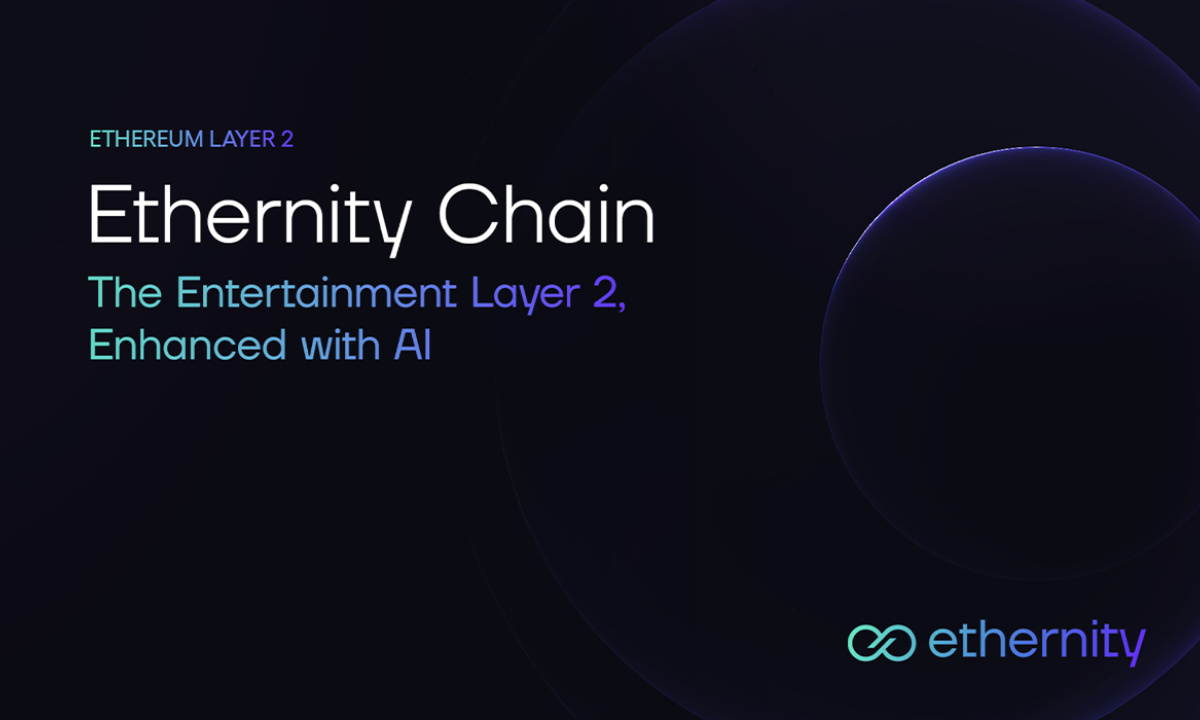Collateral Tokens are an essential asset for lenders in the world of cryptocurrency. Similar to traditional finance, these tokens serve as a means to mitigate risk when borrowers seek crypto loans. In traditional finance, collateral refers to an asset that can cover a portion of the loan taken by the borrower, with property being the most common form. For example, when purchasing a house with a mortgage, the house itself serves as collateral in case the mortgage cannot be repaid.
In the realm of cryptocurrency, collateralization works in a similar way. When a borrower wants to borrow cryptocurrency and the lender wants to reduce their risk, collateral is required. Since the communication between lender and borrower occurs on the blockchain, collateral tokens were created. Essentially, borrowers deposit a specific amount of one token to receive a specific amount of a different token, such as BTC or ETH.
There are now various collateral tokens available, with the specific token required for deposit determined by the loan platform. One notable example is COLL, or Collateral Pay, which was specifically designed to serve as a collateral token. Holders of COLL can make fiat payments for goods and services using their borrowed COLL holdings.
The rise of decentralized finance (DeFi) has emphasized the need for a modern lending ecosystem based on blockchain technology. Collateral tokens play a crucial role in building this ecosystem. While traditional lenders have always used collateral as a form of insurance for their investments, this was not initially the case in the crypto space. However, as blockchain technology becomes more accessible and cryptocurrencies gain popularity, secure lending options are necessary.
Collateral tokens provide a solution to the high-risk problem faced by crypto lenders. By accepting collateral tokens as a deposit, lenders have the assurance that even in the event of a defaulted loan, they will still receive some capital back. The required security deposit can be substantial, depending on the type of loan and the collateral tokens involved. Additionally, collateral tokens like COLL can be used by crypto enthusiasts to make fiat payments for goods and services, offering flexibility and daily utilization of their versatile portfolio.
Collateral tokens play a significant role in the cryptocurrency and blockchain ecosystem. While they have their roots in traditional finance, they have evolved to facilitate lending within the crypto ecosystem.











